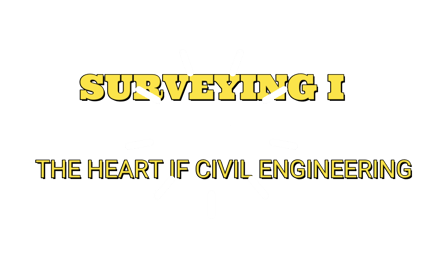Dear Student Engineers,
As you embark on this exciting journey in the field of engineering, I want to remind you of the incredible impact you can have on the world. Engineering is not just about solving problems and creating new technologies; it's about improving lives, building sustainable futures, and making a difference in our communities.
Embrace every challenge with curiosity and determination, for it is through overcoming obstacles that you will grow and innovate. Never underestimate the power of collaboration and teamwork. The diverse perspectives and skills of your peers will enrich your learning experience and lead to more creative solutions.
Remember to stay passionate and resilient, for engineering is a field that requires both dedication and a love for continuous learning. Keep pushing the boundaries of what is possible, and never be afraid to ask questions or seek help when needed.
Your journey may be challenging at times, but always keep in mind the positive impact you can make. Stay inspired, and believe in your ability to shape the future.
Best regards,
--
WE ARE BACK
Focused on Civil Engineering with Practical Applications and Demonstrations.
Practical Demonstrations
Hands-on learning experiences for engineering students.
Expert Video Tutorials for Students
Comprehensive subject coverage with engaging content.
https://engineersindiasolutions.blogspot.com/2024/12/links-page-with-all-videos-recently.html
Expert Guidance
Innovative Learning Solutions












Empowering Future Engineers Together
At Civil Engineering Cloud, we focus on enhancing engineering education through practical demonstrations, engaging videos, and tailored solutions for students pursuing civil engineering.


150+
15
Trusted by Students
more than a million
Expert Guidance
Engineering Education Services
We provide comprehensive educational resources for engineering students, focusing on civil engineering and practical applications.




Practical Demonstrations
Engage with hands-on demonstrations that enhance understanding and application of civil engineering concepts effectively.
Video Tutorials
Access a library of instructional videos tailored to various civil engineering subjects for effective learning.
Get in Touch
We are here to assist you with your engineering education needs. Contact us for inquiries about our practical demonstrations and video resources.
Connect
+91 8604752661
Reach
info@civilengineeringcloud.com
Engineering Showcase
Explore practical demonstrations and educational videos in civil engineering.








Learning
Empowering students through practical engineering education.
Support
Resources
info@civilengcloud.com
+918604752661
© 2025. All rights reserved.
